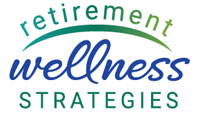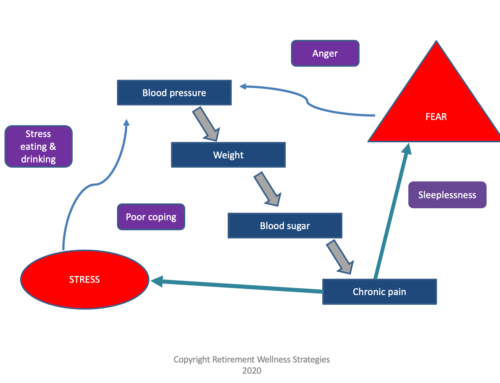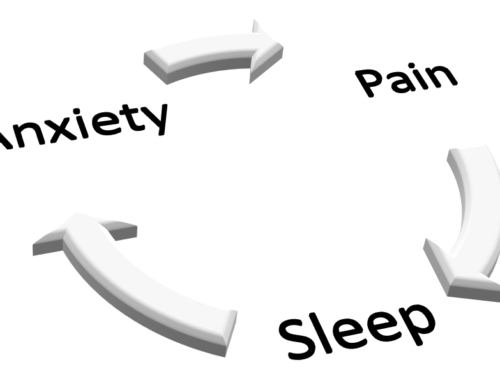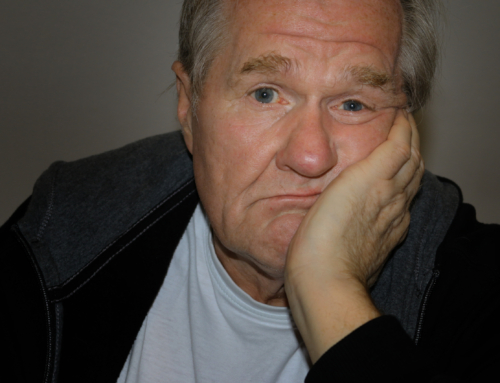When do you feel the most happy and free?
In your darkest days, what is your source of hope?
Scientists, philosophers, and every-day people have been asking these questions for centuries.
Interestingly, studies have shown that more money is not linked to happiness. Actually, more money is associated with higher depression and anxiety rates.
Thinking kindly about other people and helping other people is linked to health, living longer, and overall well-being. Rather than focusing on yourself and your own problems, who could benefit from your care?
Studies have repeatedly demonstrated that happier people are healthier people. It is fascinating that happier people don’t necessarily have more stuff, live with more innovations, or have more resources. This is especially true for psychological and emotional health.
Proposed keys to a happier and healthy life:
- Feelings of enthusiasm, engagement, and hope
- Feeling optimistic that good things are going to happen
- Having supportive family and friends
- Being able to bounce back from bad situations and make healthy choices
Some aspects of health go beyond diagnoses and medications. Perhaps those elements are at our deepest core and the ones that need the most attention.
Hope is integral to happiness. It is also a key aspect of recovery. It is the element that pulls you away from the slippery slope to negativity. Many people with hope usually believe in a higher power with a sense of spirituality.
So, again, ask yourself, what makes you happy? For what are you grateful? What is your source of hope? What changes can you make today to do something helpful for another person?
The answers could be your source of health.
For more information about the literature on this topic and the relationship between happiness, hope, and health, contact us at www.medsmash.com.
For more information, check out my personal blog.






